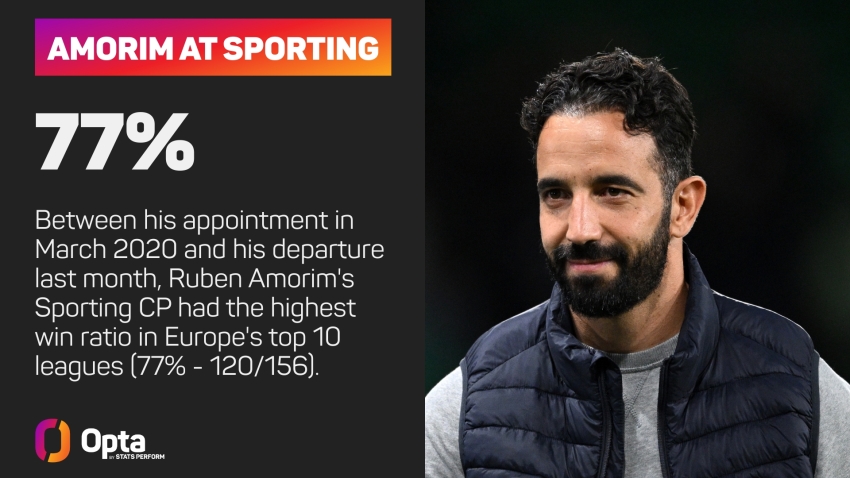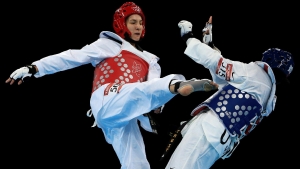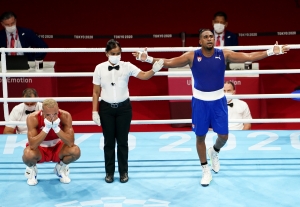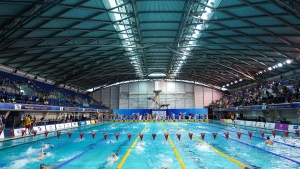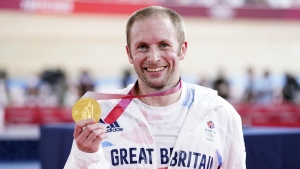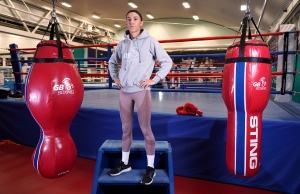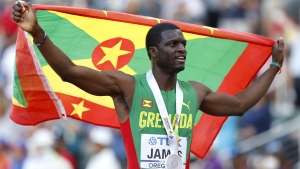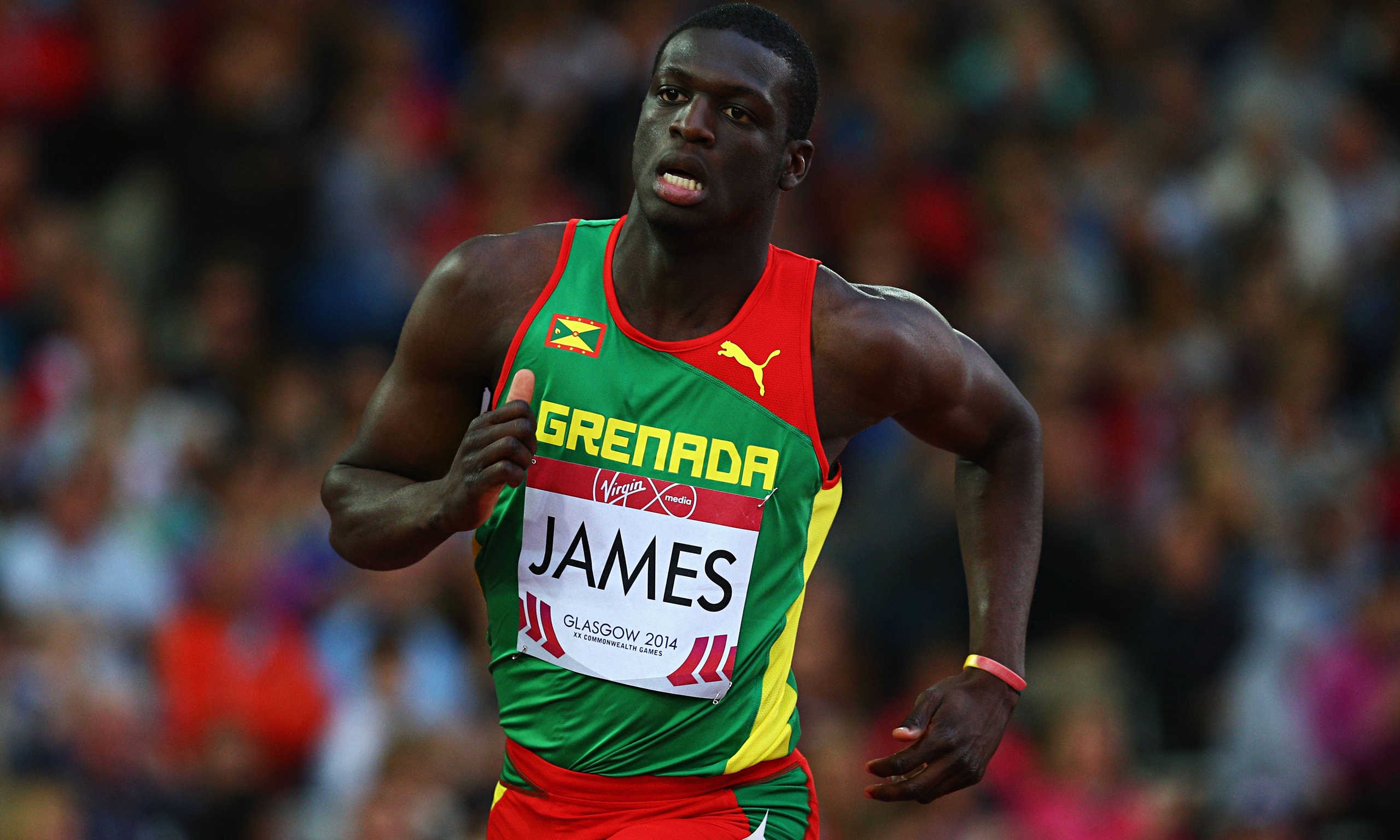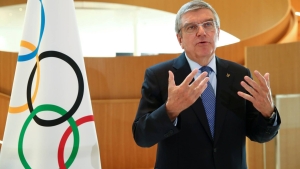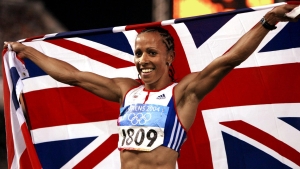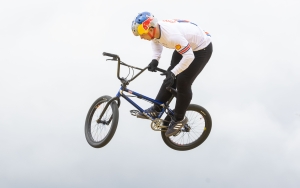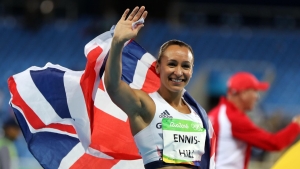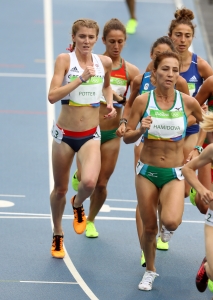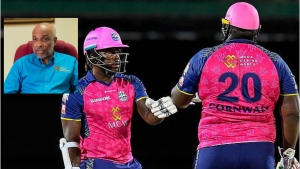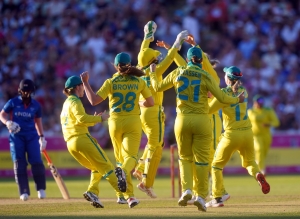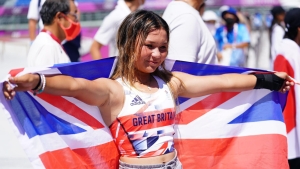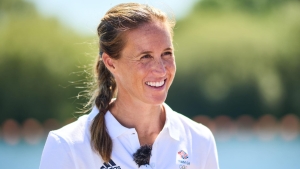Jamaica Olympic Association (JOA) president Christopher Samuda welcomes discussions to possibly include cricket in the Olympic Games for a second time in its history, as he believes it will provide the much-need shot in the arm required to move the sport forward, financially and otherwise, from a Jamaica and Caribbean perspective.
With the executive board of the International Olympic Committee (IOC) set to deliberate new sports to be welcomed into the fold, cricket is said to be among those being strongly considered for the 2028 Los Angeles Games.
According to reports, men’s and women’s Twenty20 cricket is heavily favoured to make the cut to become an Olympic sport for just the second time since the 1900 Paris Games, as IOC president Thomas Bach is reportedly a big fan of bringing the sport on board, given its mass appeal in countries such as India, Bangladesh and Pakistan.
Those three nations are by no means world-beaters in other Olympic sports, but if cricket was included for 2028, the tournament would no doubt command the attention of sports enthusiasts, especially with England, Australia and New Zealand, expected to be involved.
However, it is understood that organisers would only allow cricket at the 2028 Olympics in Los Angeles under the condition that flag football –a non-contact version of American football –would also be added to the Games.
Still, Samuda believes cricket being considered is a win, in and of itself for the sport, and if it does in fact get included in the 2028 multi-sport showpiece, the move could have a far-reaching impact on Jamaica and the wider Caribbean, especially at a time when there are overwhelming concerns about the failure of West Indies cricket.
“The JOA welcomes discussions on the inclusion of cricket on the agenda for the LA 2028 Olympic Games as an expression, not only of inclusivity, but also of global sport maturing in response to diversity and imperative of engaging a fraternity which has, as others, become highly commercial,” Samuda said.
“A sporting, but also, a cultural institution in the lives of West Indians, a name historically inherited with colonialism which geopolitical historians now show a preference for the Caribbean.
“Cricket’s inclusion will give the sport in Jamaica and the Caribbean a well needed fillip and an opportunity for capital to commercialize the sport for its own sustainability without compromising Olympic values, for at the JOA, we celebrate character and merit as pre-requisite to rewarding monetarily,” he told Sportsmax.tv.
The number of sports contested at the Olympic Games has rapid increased in recent times.
With the addition of golf, some 38 sports were played at the 2016 Games in Rio de Janeiro, but that number jumped to 46 at the Tokyo Games, as 3x3 basketball, BMX, karate, rugby sevens, baseball, softball, skateboarding, surfing and speed climbing were all added.
The number will drop to 45 for next year’s Paris Games with the culling of baseball/softball and karate, while breakdancing has been included for the first time.
Twenty20 cricket already enjoyed somewhat of a test run at the 2022 Commonwealth Games in Birmingham with an eight-team women’s tournament.
Barbados was a part of that historic tournament which saw Australia, India, and New Zealand, winning the medals.
On that note, Samuda weighed in on the views of whether Jamaica and other Caribbean islands would compete individually or collectively under the West Indies umbrella.
“The debate as to whether the Caribbean should compete as individual countries, as obtained in the Olympic movement, or collectively as the West Indies, should consider that independence encourages the development of talent and accentuates a national identity and pride which are priceless qualities of nationhood,” Samuda shared.
“As small as we are in the Caribbean with bigger countries having an unfair numerical advantage, our instincts at surviving and our ability to do so admirably, has been demonstrated in other sport such as football and track and field,” he added.
In any case, Samuda pointed out that once the business model of the sport is properly aligned with the prospects, then the potential exists for positive spinoffs, financial and otherwise, from a qualifying tournament alone.
“Cricket still has the ability of mass appeal and its inclusion in the Olympic Games will serve to deepen its capital, and the playing of qualifying tournaments, if the sport’s business model is right, will heighten interest across generations and gender and attract investment,” he reasoned.
“Sport is a qualitative investment in the human capital and there are many social and cultural values that can be learnt at the crease over and above the boundaries of sport,” the JOA president noted.











